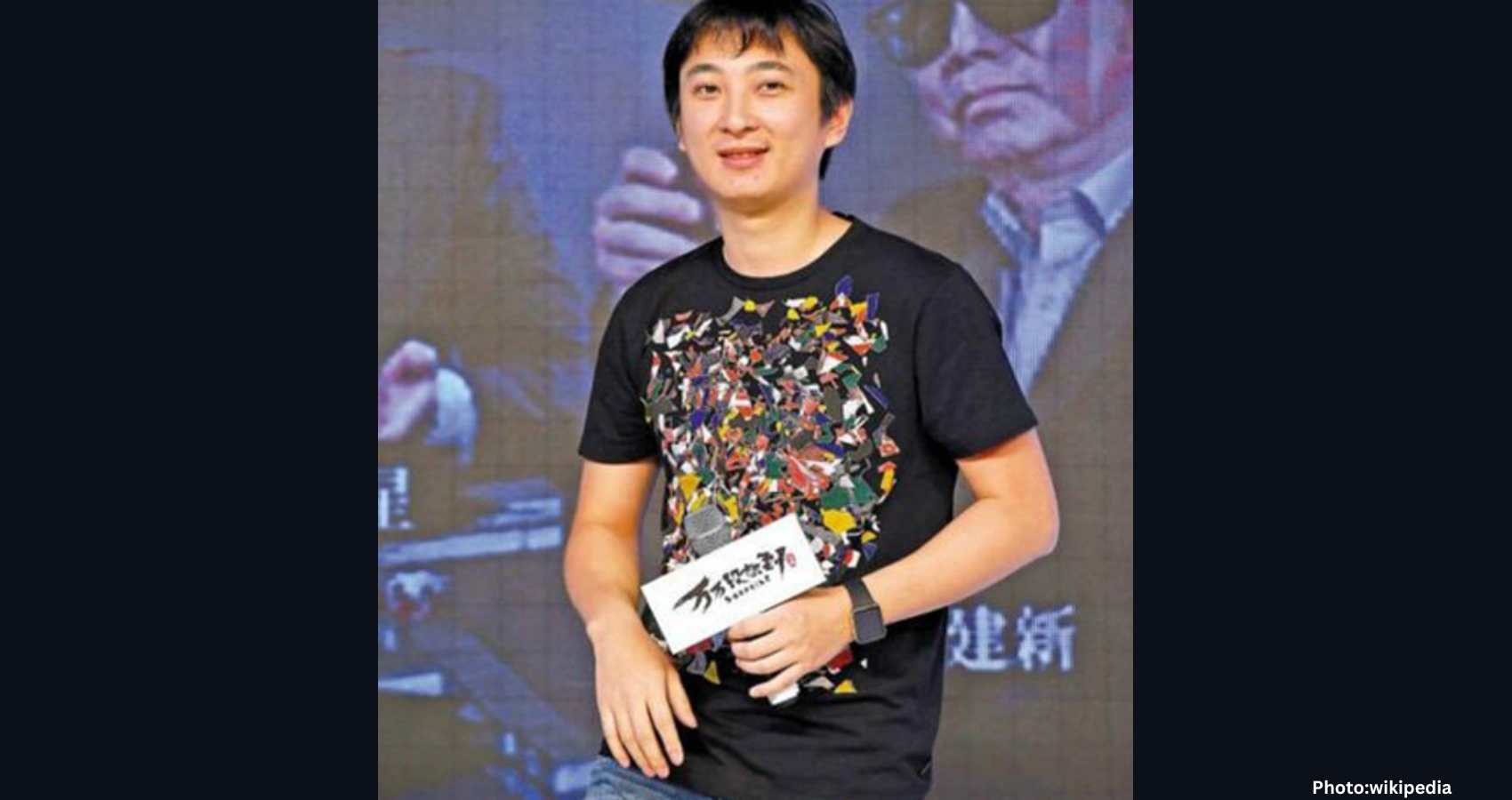China’s wealthy youth, known as “fuerdai,” are facing significant public backlash amid rising inequality and economic challenges, according to a recent study by John Osburg.
China’s second generation of affluent families, referred to as the “fuerdai” or “guanerdai,” has become emblematic of the growing divide between the rich and the poor in the country. A recent study authored by John Osburg, a Fellow on Chinese Society at the China Center for Asian Studies (CCA), sheds light on the public criticism directed at these elite youth.
The study reveals that the intense competition for internships, jobs, and business opportunities has fueled resentment towards the children of China’s elite. As the nation grapples with slower economic growth in the aftermath of the COVID-19 pandemic, record-high youth unemployment has left many ordinary graduates feeling marginalized in favor of candidates with privileged backgrounds.
Many fuerdai have pursued education or work opportunities abroad, gaining valuable cosmopolitan experiences. However, this exposure can also present challenges. Osburg notes that time spent overseas may leave these individuals less equipped to navigate the politically and socially intricate landscape of China. In some cases, parents encourage their children to build careers outside of China to protect them from the uncertainties of the domestic business environment, which often relies heavily on personal connections.
Osburg predicts that this generation will emerge as China’s most well-educated and globally minded elite to date. Their experiences with Western norms and political systems are expected to influence their approaches to governance and business. However, this does not necessarily indicate a movement toward liberal democracy.
The study also highlights significant trends in elite marriage and education, emphasizing that family background will continue to play a crucial role in determining success. Without effective solutions to the issues surrounding declining social mobility, China’s future leaders may be confronted with the challenges posed by an increasingly stratified society.
As the divide between the wealthy and the rest of the population continues to widen, the fuerdai may find themselves at the center of a growing public backlash, reflecting broader societal frustrations over inequality and access to opportunity.
According to Osburg, the implications of these dynamics are profound, as they not only affect the elite but also resonate throughout the fabric of Chinese society.
Source: Original article

